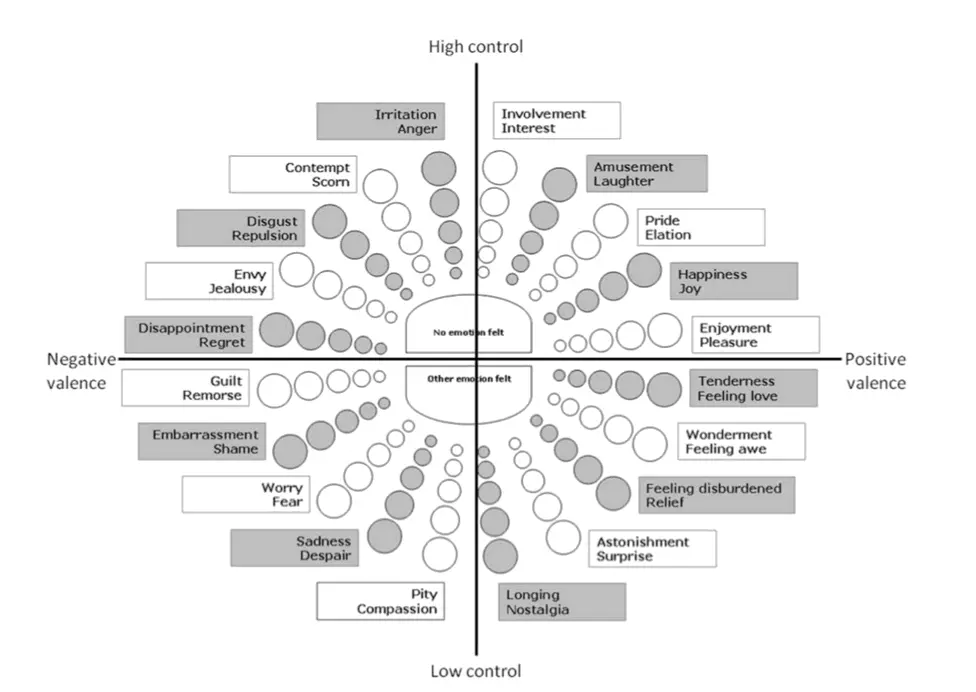The issue is that Mormons and other Christians seem to have differing views on who counts as a Christian. Most Christian sects use the Nicene Creed, which includes the basic set of beliefs all (or almost all, depending on your view ofc) Christian sects adhere to. Mormonism diverges from the Nicene Creed:
- they don't believe in one God (Mormons believe that humans have the capability to become Gods, and that God was mortal at one time and had His own God),
- they don't believe that God made the universe (they simply believe that He organized it),
- and they don't believe that God, Jesus, and the Holy Spirit are one substance (they believe that They are three distinct beings).
Mormonism, on the other hand, seems to believe that Christianity is simply accepting Jesus as a prophet sent by God and the Bible as holy scripture...but by that logic Muslims would also be considered Christians.




The reason the shadow is gray is because light is bouncing off the other surfaces in the environment. The shadowed area isn't receiving direct light, but it is receiving reflected indirect light.